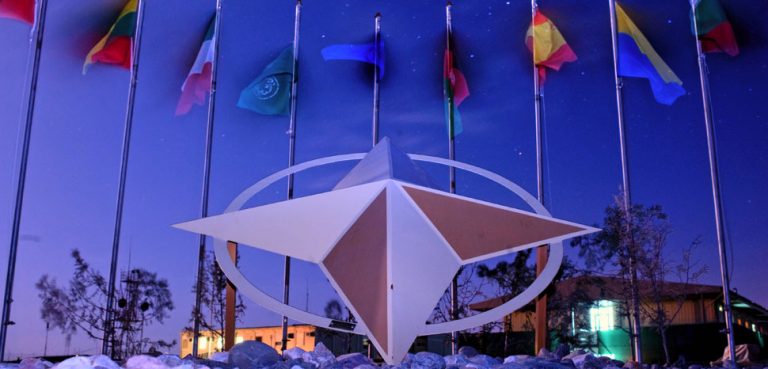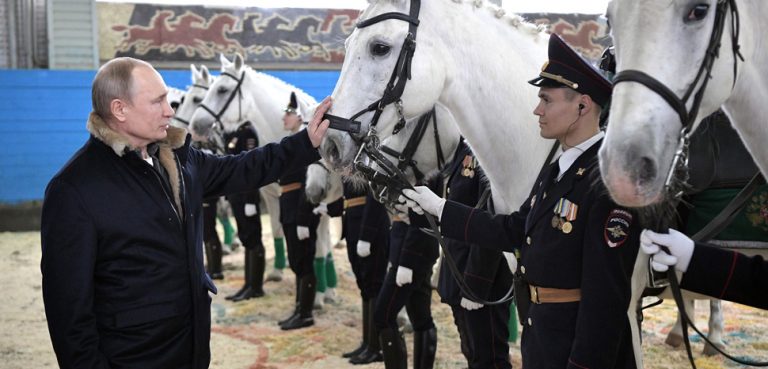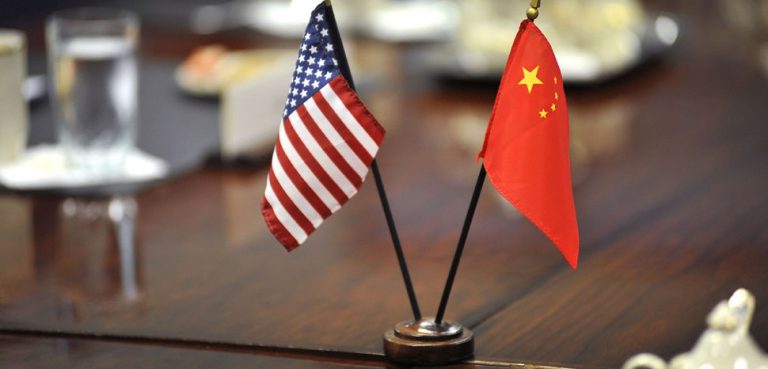“Luis Almagro is the protagonist of one of the most shameful chapters in OAS history. He was a key part of the coup d’état against democracy in Bolivia. His report is the true fraud and he is directly responsible for the massacres and the country’s economic crisis.” – Twitter, Evo Morales
These were the words of Bolivia’s now exiled ex-president, Evo Morales, after a damning new independent study reported by the New York Times refuted claims of electoral irregularities made by the Organization of American States (OAS). The OAS’s report was written in the aftermath of the contentious October 2019 elections, which culminated in the military ouster of the long-term president. Evo Morales and his Moviemiento al Socialismo (MAS) party have long claimed that the OAS was directly responsible for the breakdown in democratic order in Bolivia and the ensuing political violence. As a result, Morales and his supporters have vowed to regain control of government in the tentative September elections agreed upon by interim President Jeanine Añez.
As tempting as it might be to accept the claim that Luis Almagro and the OAS were responsible for a coup in Bolivia, to do so would undermine Morales’s role in the systematic erosion of democracy in Bolivia. The new study conducted by researchers at the University of Pennsylvania contradicts the OAS report by revealing no statistical inconsistencies with the electoral results of October 2020 that would have handed Morales a fourth term in office. This was the latest blow to the international organization as a series of researchers from MIT and the Center for Economic Policy Research painted the OAS’s conclusions in a dubious light. The OAS has stood by their report and has pointed out that that the statistical analysis was one portion of the irregularities that made the results of the election questionable.
It is undeniable that these recent findings have highlighted potential issues of polarization and rushed analysis within the organization. If the OAS is to remain respected as an impartial electoral observer and arbiter of electoral disputes, it must maintain an apolitical and technical perspective on the matter. However, it is dangerous and foolish to chalk up the ensuing constitutional and social crisis solely as a failure of the OAS. Morales’s statements seek to undermine the civic distrust and collective dissatisfaction that had been brewing during his rule. Contrary to his rhetoric of a coup sponsored by the OAS, it was Morales’s actions that directly led to the ongoing quagmire unfolding in Bolivia.
The Bolivian Right to Indefinite Rule
Evo Morales became Bolivia’s first indigenous president in 2006. His victory was hailed as the start of a new era in a country where marginalized indigenous groups represent a fifth of the population. However, his political career started much earlier as a community organizer during the Gas Wars. During this period, Morales fought to gain control of natural resources and to increase indigenous rights. The political fates of then-President Sanchez de Lozada and Vice-President Carlos Meza remarkably foreshadowed that of Morales, as they were both ultimately forced to resign amid mass protests.
Morales’s role in defeating both leaders in the streets, along with his populist and progressive agenda, secured his electoral victory in 2006. Many of his policies sought to reverse decades of neo-liberal rule that created an unequal society in South America’s second-poorest nation, and MAS joined a growing populist and leftist movement throughout Latin America, known as the Pink Tide. During this time, Hugo Chavez of Venezuela spearheaded the creation of the Bolivarian Alternative of the Americas (ALBA), comprised of leaders from Ecuador, Argentina, and Nicaragua. Newfound economic alliances with oil giant Venezuela saw vast new resources that were used for social programs and economic growth throughout the Pink Tide countries, but which also created endemic corruption and a growing cult of personality in each. This corruption, cronyism, and reliance on populist authoritarian leaders (a concept known as caudillismo throughout Latin America), ultimately led to highly polarized and fractured societies in each country, and Bolivia proved no exception.
Slowly but surely, Morales sought to carve out a more permanent and indispensable role for himself and his MAS party in Bolivia’s political life. In 2009, he drafted and ratified a new constitution that established the plurinational state of Bolivia, and secured the rights of marginalized indigenous groups. The new constitution established two five-year consecutive term limits, which technically allowed Morales to run in the 2009 and the 2014 elections, since his first electoral victory preceded the ratification of the new constitution. Despite this perceived loophole, Morales vowed he would not seek reelection in 2014, though he ultimately backtracked and secured another victory while once again ruling out a future run.
With a growing thirst for power, but with his own constitution standing in the way, Morales sought to amend term limits via a national referendum. In 2016, Morales received an unexpected blow when he lost the referendum with 51.6% of the population rejecting his proposal. His final recourse was an appeal to the Constitutional Court to repeal the referendum results under the guise that term limits were an infringement upon Morales’s human rights. Ultimately, the court ruled in Morales’s favor by lifting the constitutional term limits. This allowed him to run for a fourth term in October 2018, but not without angering and galvanizing strong opposition to his reelection.
While the 2019 OAS report played a significant role in undermining the electoral results, protests in Bolivia had been widespread since his consolidation of power in 2017 and continued through the election night. The truth is that Evo Morales’s support has diminished over his decade-long rule, and the erosion of democracy was his own government’s doing. Had MAS run a new candidate in 2019, they would have likely won without the widespread domestic and international condemnation of a growing dictatorial rule. Luis Arce, Morales’ protégé, is the leading candidate for the September election with 41.9% according to opinion polls, so it is clear that the appeal of MAS and their policies remains widespread. Evo Morales’s biggest failure was making himself indispensable and not allowing his party to flourish without him. Hopefully this lesson is not lost on him and other leaders in the region.
The views expressed in this article are those of the authors alone and do not necessarily reflect those of Geopoliticalmonitor.com or any institutions with which the authors are associated.
Lester Chavez lives and works in Managua, Nicaragua, where he conducts market research, trade promotion and counsels businesses on the economic climate of the country. He previously served as a Fellow at AMOS Heath and Hope, a public health NGO also in Nicaragua. He has worked for various agencies at Fairfax County Government in Northern Virginia and has served as a Congressional Intern in the U.S. House of Representatives. He has conducted extensive ethnographic and community-based research in rural communities in Nicaragua. Lester holds a bachelor’s degree in International Relations from the College of William and Mary.




